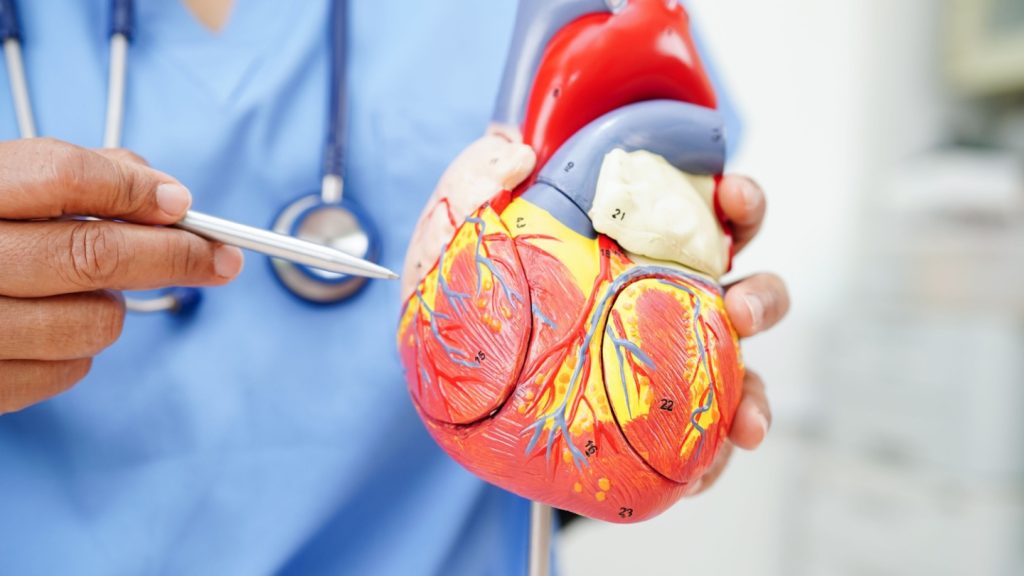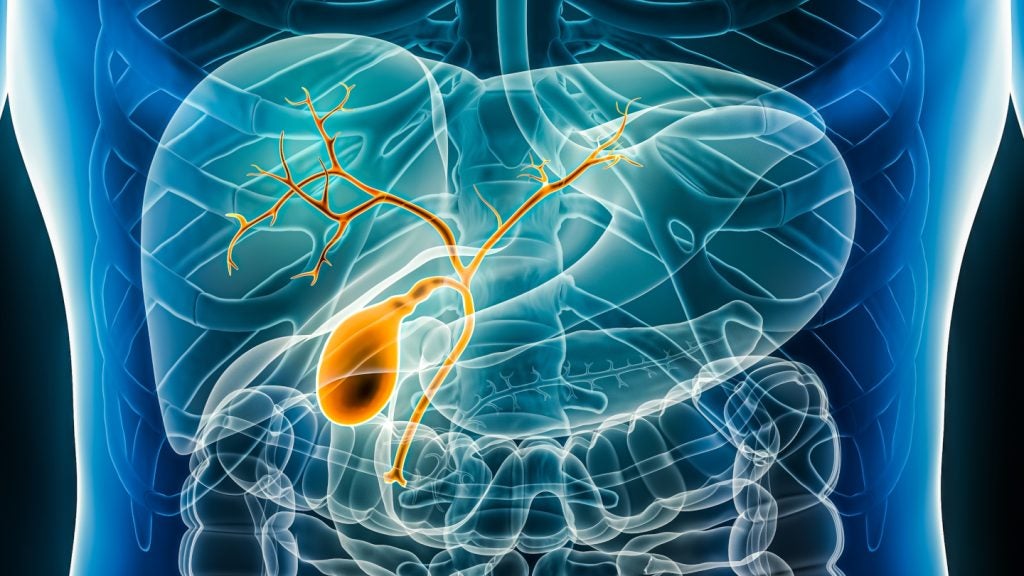Abbott has commenced the first subject procedures with its transcatheter aortic valve implantation (TAVI) system to treat symptomatic severe aortic stenosis.
This investigational balloon-expandable system integrates AI into TAVI procedures.
The first-in-human procedures were conducted at the Republican Centre of Emergency Medicine in Tashkent, Uzbekistan. The site's principal investigator, interventional cardiologist Saidamir Djafarov, led the collaboration.
The TAVI device involves crimping a new heart valve on a deflated balloon with the mounted valve, which is then inserted through an artery and navigated to the heart.
Once in place, the balloon is inflated, allowing the new valve to take over the narrowed native valve's function, after which the balloon is deflated and removed.
The system is currently undergoing clinical trials, with the potential to expand Abbott's structural heart portfolio upon regulatory approval alongside the commercially available Navitor TAVI system.
Abbott aims to offer a comprehensive range of TAVI management options to address diverse patient needs.
The company is leveraging physician insights and technological advancements to create a platform that could eventually incorporate AI for enhanced procedural guidance.
Aortic stenosis, the narrowing of the aortic valve due to calcium buildup, is a prevalent and potentially fatal heart valve disease that increases with age.
Abbott structural heart business senior vice-president Sandra Lesenfants said: "Abbott's experience in the TAVI market gives us a unique understanding of the remaining unmet needs, and we're applying this knowledge to develop future therapies to close that gap.
"By closely partnering with physicians on research into innovations, we're positioned to advance investigational therapies that have the potential to transform patient treatment."
The company recently reported late-breaking five-year positive data from a trial of its Amplatzer Amulet left atrial appendage (LAA) occluder for individuals with atrial fibrillation (AFib) at increased stroke risk.















